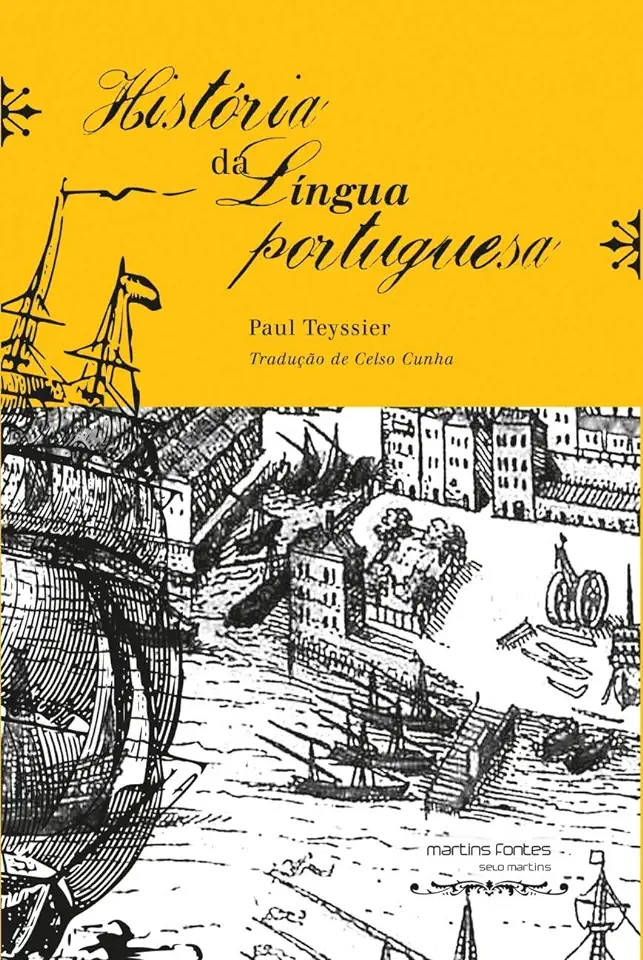
History of the Portuguese Language - Paul Teyssier
History of the Portuguese Language
Introduction
The Portuguese language is a Romance language that originated in the Iberian Peninsula. It is the official language of Portugal, Brazil, Angola, Mozambique, Guinea-Bissau, São Tomé and Príncipe, and East Timor. Portuguese is also spoken in Macau, a special administrative region of China, and in several other countries and territories around the world.
With over 250 million speakers, Portuguese is the sixth most spoken language in the world. It is also the most widely spoken language in the Southern Hemisphere.
Origins of the Portuguese Language
The Portuguese language evolved from Vulgar Latin, the spoken form of Latin that was used by the common people of the Roman Empire. Vulgar Latin was spoken in the Iberian Peninsula from the 2nd century BC to the 5th century AD.
During the 5th century AD, the Roman Empire collapsed and the Iberian Peninsula was invaded by Germanic tribes. The Visigoths, who were one of these tribes, established a kingdom in the peninsula that lasted for over two centuries.
The Visigoths adopted Vulgar Latin as their own language, and it gradually evolved into Portuguese. The first written documents in Portuguese date from the 9th century AD.
Development of the Portuguese Language
Portuguese continued to develop during the Middle Ages. In the 12th century, Portugal became an independent kingdom, and Portuguese became the official language of the country.
During the 15th and 16th centuries, Portugal became a major maritime power, and Portuguese explorers sailed around the world. They established colonies in Africa, Asia, and the Americas, and Portuguese became a global language.
In the 19th century, Brazil became independent from Portugal, and Portuguese became the official language of the country. Brazil is now the largest Portuguese-speaking country in the world.
Portuguese Today
Portuguese is a vibrant and diverse language that is spoken by people all over the world. It is a language of literature, music, and art. Portuguese is also a language of business and commerce.
The Portuguese language is constantly evolving, and new words and expressions are being added all the time. This is due to the influence of other languages, such as English, Spanish, and French.
Portuguese is a beautiful and expressive language that is easy to learn. If you are interested in learning a new language, Portuguese is a great option.
Why You Should Learn Portuguese
There are many reasons why you should learn Portuguese. Here are a few:
- Portuguese is a global language. It is spoken by over 250 million people in countries all over the world.
- Portuguese is a language of opportunity. There are many job opportunities for Portuguese speakers in a variety of fields, such as business, education, and healthcare.
- Portuguese is a beautiful and expressive language. It is a language of literature, music, and art.
- Portuguese is easy to learn. It is a phonetic language, which means that it is pronounced the way it is spelled.
If you are interested in learning a new language, Portuguese is a great option. It is a beautiful, expressive, and easy-to-learn language that will open up a world of opportunities for you.
Conclusion
The Portuguese language is a rich and diverse language with a long and fascinating history. It is a language that is spoken by people all over the world, and it is a language of opportunity. If you are interested in learning a new language, Portuguese is a great option.
Enjoyed the summary? Discover all the details and take your reading to the next level — [click here to view the book on Amazon!]